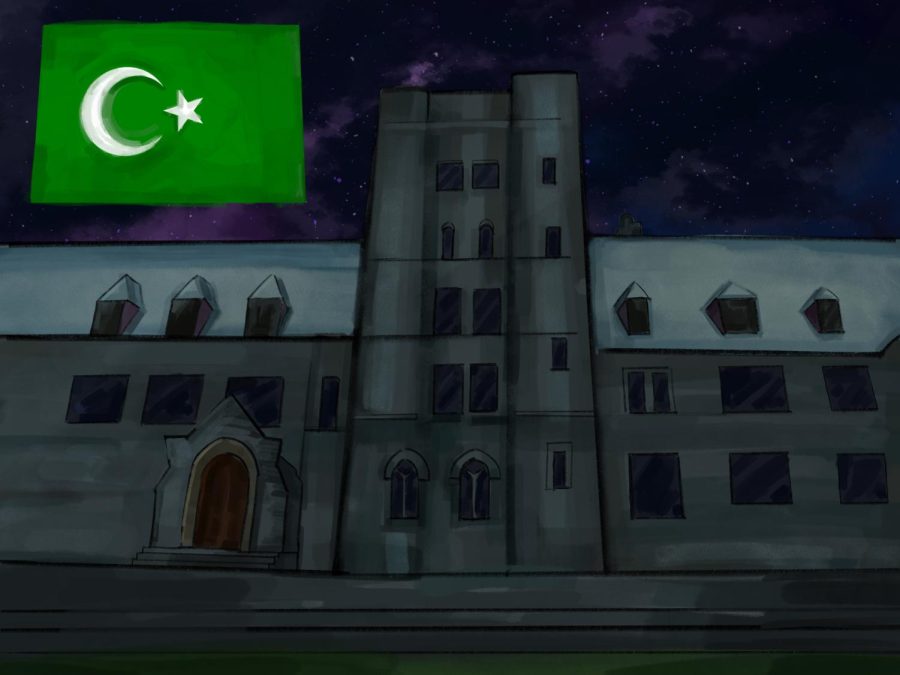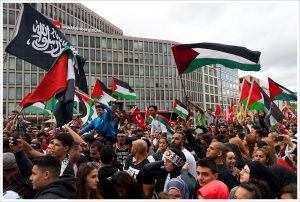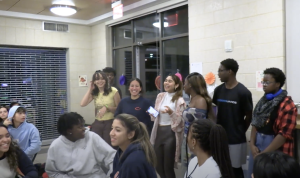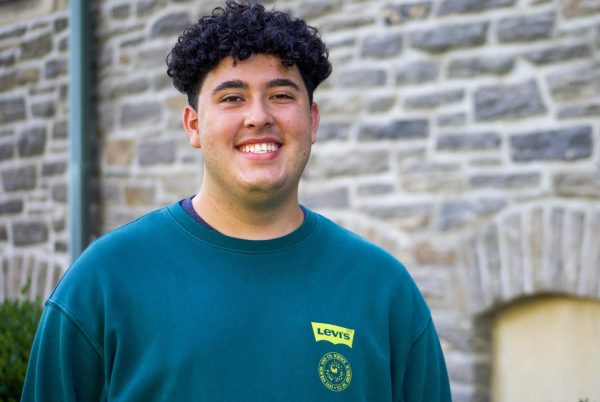Small Muslim community at Masters find great reward celebrating Ramadan
Muslims all around the world that observe Ramadan all break there fast once the sun goes down.
May 1, 2023
A small community of Muslim students on The Masters School campus, along with millions around the world, have observed the Holy Month of Ramadan. There was even a group of Senegalese exchange students that celebrated Ramadan on our campus. The sacred month of Ramadan occurs once a year on the 9th month of the Islamic calendar. Muslims observed the month to celebrate and remember when the Quran and the teachings of God were revealed to the Prophet Mohammed in 610 A.D. Muslims also celebrate to get closer and build a stronger connection to God. During Ramadan, Muslims fast during all daylight hours, pray, study the Quran, reflect, and donate to charity.
Sophomore and practicing Muslim, Hassan Saad, originally from Egypt, has been fasting each Ramadan since he first hit puberty at 10 years old. He started at 10 because according to Islamic law, that’s when God holds him accountable. Saad mentioned that Ramadan has affected him both academically and socially, yet he continues to devote himself to his religion and the month while studying abroad as a 7-day boarder.
Saad always keeps the purpose of Ramadan in mind, saying, “The purpose of Ramadan is to remember the poor in your community and use it as a time of charity and give out to the people who don’t necessarily have food security.”
One difference Saad noted between observing Ramadan at Masters and in Egypt, was that back in his home country, there was a larger sense of community and awareness of the month, as there is a larger Muslim community compared to the very small Muslim community at Masters.
Saad said, “I don’t believe a lot of people [at Masters] know what Ramadan is, and I don’t blame anyone, I just think there isn’t enough of an Islamic community here, so I don’t think people understand what it is. I want to have more awareness about the Muslim community and Ramadan at school.”
Junior Sibora Sadrijaj, who is also observing Ramadan, shared similar sentiments as Saad. On top of both the physical and mental burden of fasting during the school day, she finds observing Ramadan most difficult at school. Though she’s extremely committed and devout to her religion, she feels ignored throughout the month at Masters.
Sadrijaj attributes feeling ignored to the small Muslim population at Masters.
She said outside of Masters, she feels a lot more supported. She said, “Anytime outside of school, I’m surrounded by a community of my family, cousins, and even just friends, that have a better knowledge of people that participate in Ramadan than people at Masters.”
Though fasting throughout the month has been tough for Sadrijaj, she feels like she’s learned and grown a lot spiritually. She said, “Spiritually, I’ve definitely learned to appreciate more, be a lot more grateful, and feel better about myself. When you finish fasting, you’re so grateful for the food you have.”
Even though both Saad and Sadrijaj feel like there isn’t enough awareness about Ramadan at Masters, the History and Religion department do teach about Islam and Ramadan in its course, Western Religions. Teaching all about Islam is a big part of that course’s curriculum. Taking either Eastern or Western Religions is a graduation requirement at the Masters School, about half of Masters graduates have taken Western Religions.
To commemorate the end of the holy month, on the evening of April 20, Muslims broke their fast for the last time of the year and celebrated Eid al-Fitr. Muslims in our community, Senegalese exchange students visiting The Masters School, and across the world commemorated Eid, by praying, eating and enjoying time with their loved ones.






